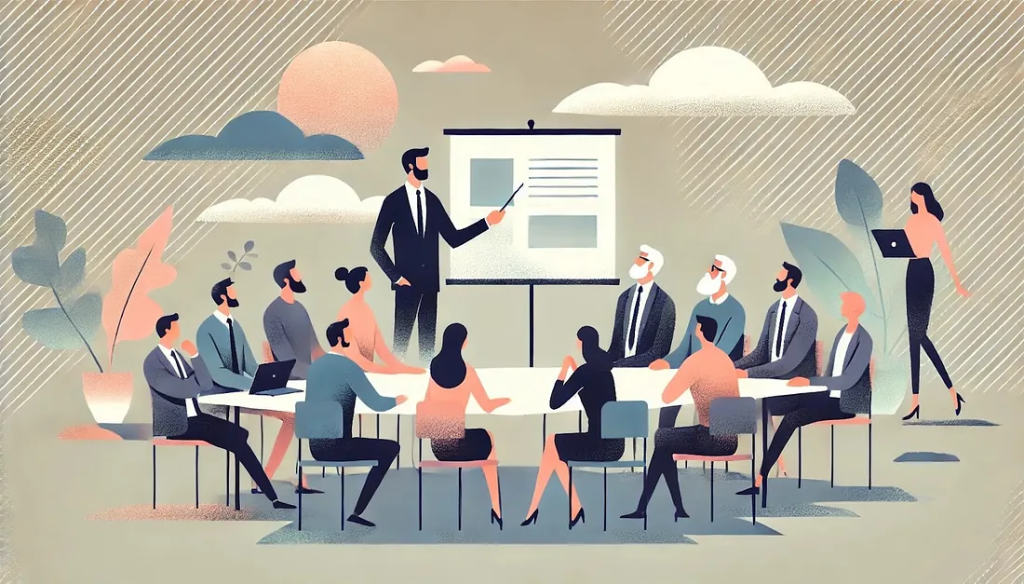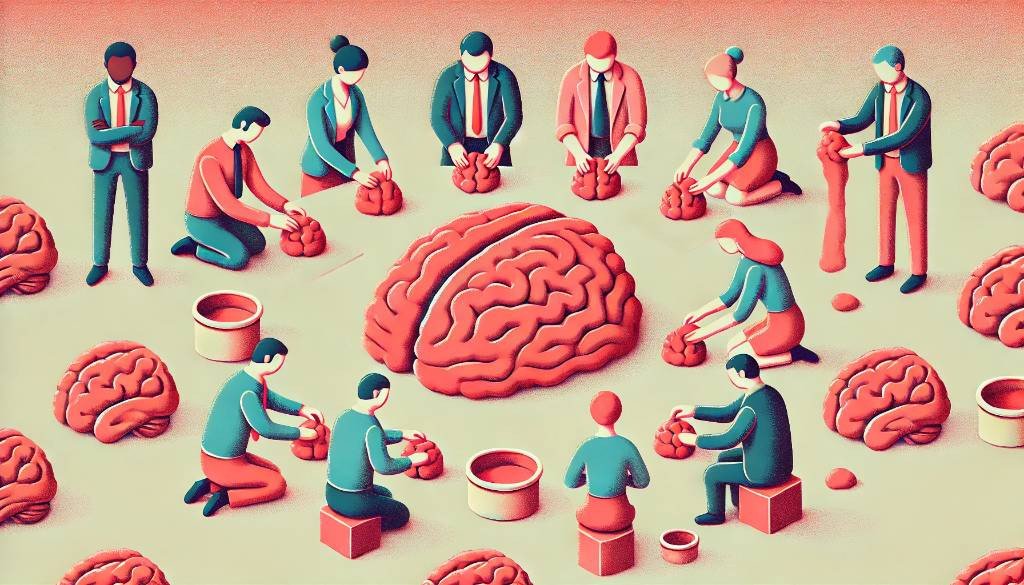The world has changed and continues to change at an alarming rate, (and yes, you’d probably deem me to be old!). But the truth is that technical expertise alone is insufficient for achieving organisational success. The in-demand skill of today is redundant in ‘tomorrows’ world. The emphasis has shifted towards "power skills," formerly known as soft skills, which are pivotal in fostering effective collaboration and driving business growth.
The Evolution from Soft Skills to Power Skills
Historically, attributes such as communication, empathy, and adaptability were labelled as "soft skills," often perceived as secondary to technical abilities. However, recent insights underscore their critical importance, leading to their rebranding as "power skills." This shift highlights their role in empowering individuals and teams to excel in collaborative environments.
Technology is the engine of change but it’s effective POWERskills that put you in the driving seat!
Phil Yeoman | Co Founder at Future Learning Group & CDO
A study by Pearson in 2022 revealed that the top five most in-demand skills across major job markets are human-centric, including collaboration and customer focus. This trend is projected to continue- especially with the growth in AI, emphasising the sustained value of power skills in the workforce.
The Impact of Power Skills on Team Dynamics
Effective collaboration hinges on team members' ability to communicate clearly, understand diverse perspectives, and adapt to changing circumstances. Leigh Thompson, a professor at Northwestern University, emphasises that leaders who exhibit communication, flexibility, and compassion significantly enhance team collaboration and motivation. These power skills not only improve interpersonal interactions but also lead to higher productivity and innovation within teams.
Moreover, the Project Management Institute's 2023 Pulse of the Profession report indicates that 92% of respondents believe power skills help them work smarter. Organisations prioritising these skills experience higher project success rates and greater organisational agility.
Cultivating Power Skills in the Workplace
Recognising the importance of power skills, businesses are investing in their development to enhance collaboration and overall performance.
Innovative programmes such as FLG’s gamified learning delivers experiential learning that is backed by science and increases engagement, learning, retention and application! Who doesn’t like learning through play?!
Mentorship programmes have also emerged as effective tools in this endeavour. Research highlighted by Reuters indicates that mentored individuals earn 15% more than their non-mentored peers, attributing this to improved confidence and teamwork abilities.
Additionally, the rise of "fractional twinning," where part-time executives share roles, underscores the demand for adaptability and emotional intelligence in leadership positions. This approach allows businesses to access specialised skills flexibly, fostering a culture of continuous learning and collaboration.
In an era where technological advancements are reshaping industries, power skills remain the cornerstone of effective collaboration and business success. By prioritising the development of these skills, organisations can cultivate resilient, innovative, and cohesive teams poised to navigate the complexities of the modern workplace.
Let’s connect! Explore how Future Learning Group can support your team or organisation in embracing ‘POWERskills.’ From strategic leadership to seamless collaboration, we future-proof your workforce with the skills that drive success!



